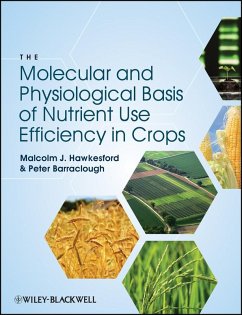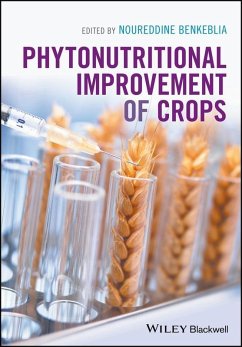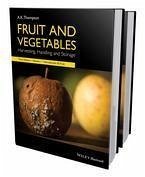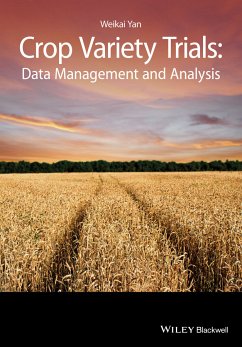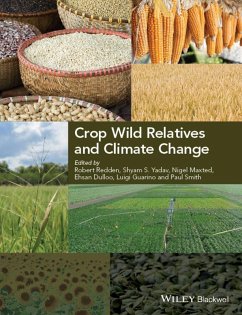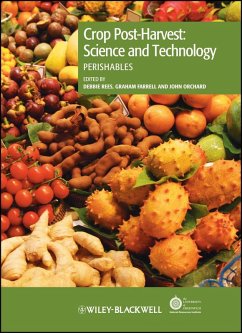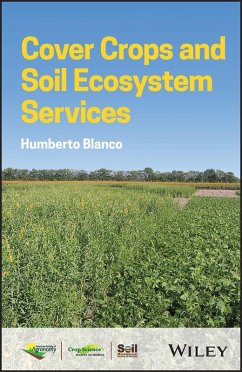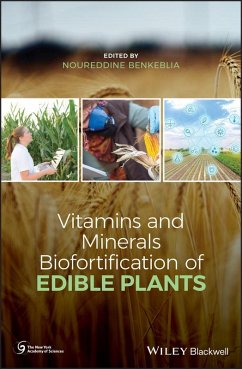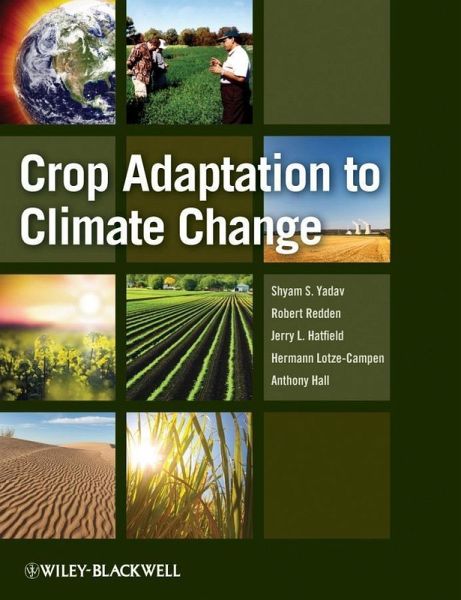
Crop Adaptation to Climate Change (eBook, ePUB)
Versandkostenfrei!
Sofort per Download lieferbar
241,99 €
inkl. MwSt.
Weitere Ausgaben:

PAYBACK Punkte
0 °P sammeln!
A major task of our time is to ensure adequate food supplies for the world's current population (now nearing 7 billion) in a sustainable way while protecting the vital functions and biological diversity of the global environment. The task of providing for a growing population is likely to be even more difficult in view of actual and potential changes in climatic conditions due to global warming, and as the population continues to grow. Current projections suggest that the world's temperatures will rise 1.8-4.0 by 2100 and population may reach 8 billion by the year 2025 and some 9 billion by mi...
A major task of our time is to ensure adequate food supplies for the world's current population (now nearing 7 billion) in a sustainable way while protecting the vital functions and biological diversity of the global environment. The task of providing for a growing population is likely to be even more difficult in view of actual and potential changes in climatic conditions due to global warming, and as the population continues to grow. Current projections suggest that the world's temperatures will rise 1.8-4.0 by 2100 and population may reach 8 billion by the year 2025 and some 9 billion by mid-century, after which it may stabilize. This book addresses these critical issues by presenting the science needed not only to understand climate change effects on crops but also to adapt current agricultural systems, particularly in regard to genetics, to the changing conditions. Crop Adaptation to Climate Change covers a spectrum of issues related to both crops and climatic conditions. The first two sections provide a foundation on the factors involved in climate stress, assessing current climate change by region and covering crop physiological responses to these changes. The third and final section contains chapters focused on specific crops and the current research to improve their genetic adaptation to climate change. Written by an international team of authors, Crop Adaptation to Climate Change is a timely look at the potentially serious consequences of climate change for our global food supply, and is an essential resource for academics, researchers and professionals in the fields of crop science, agronomy, plant physiology and molecular biology; crop consultants and breeders; as well as climate and food scientists.
Dieser Download kann aus rechtlichen Gründen nur mit Rechnungsadresse in D ausgeliefert werden.



